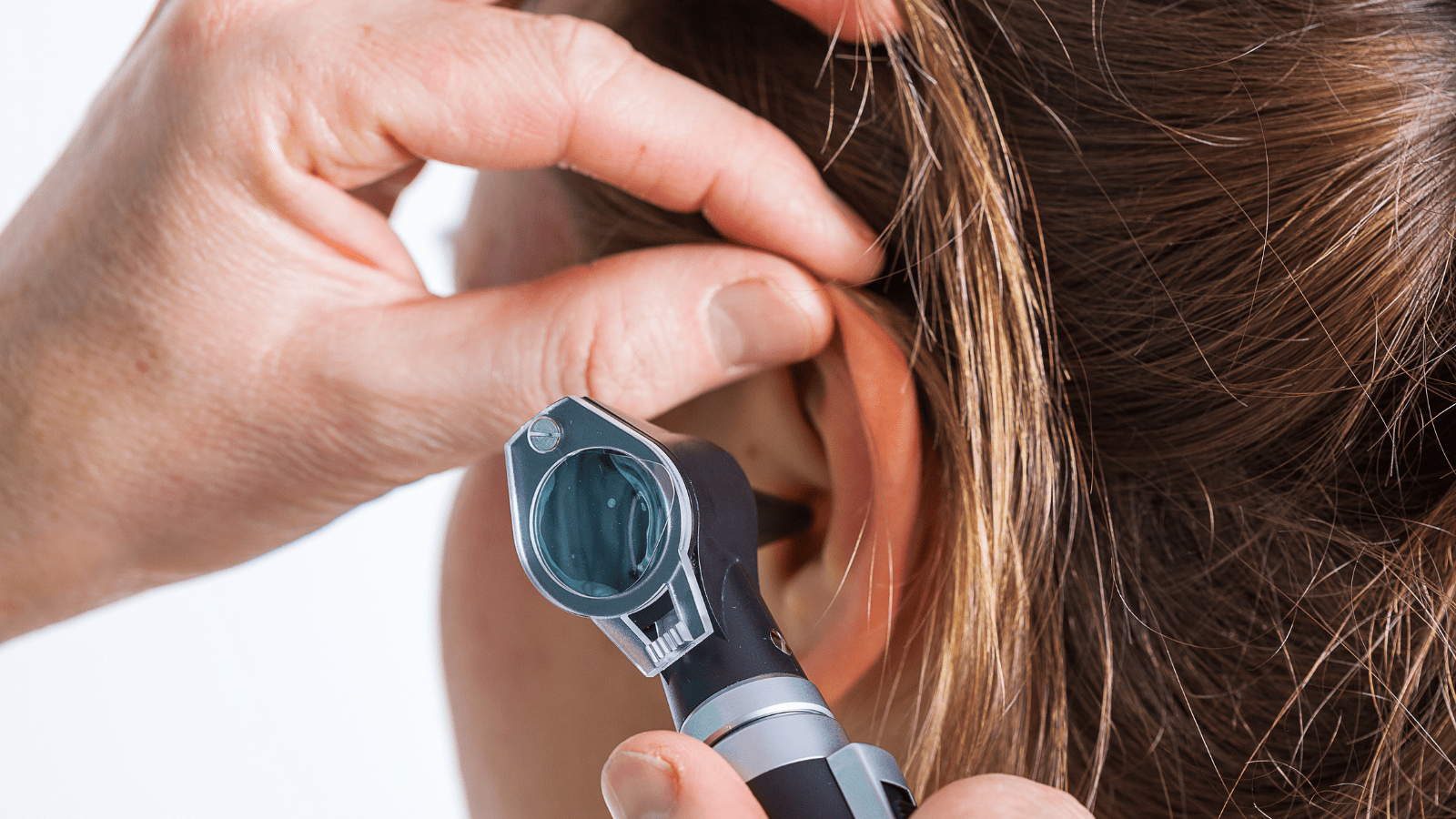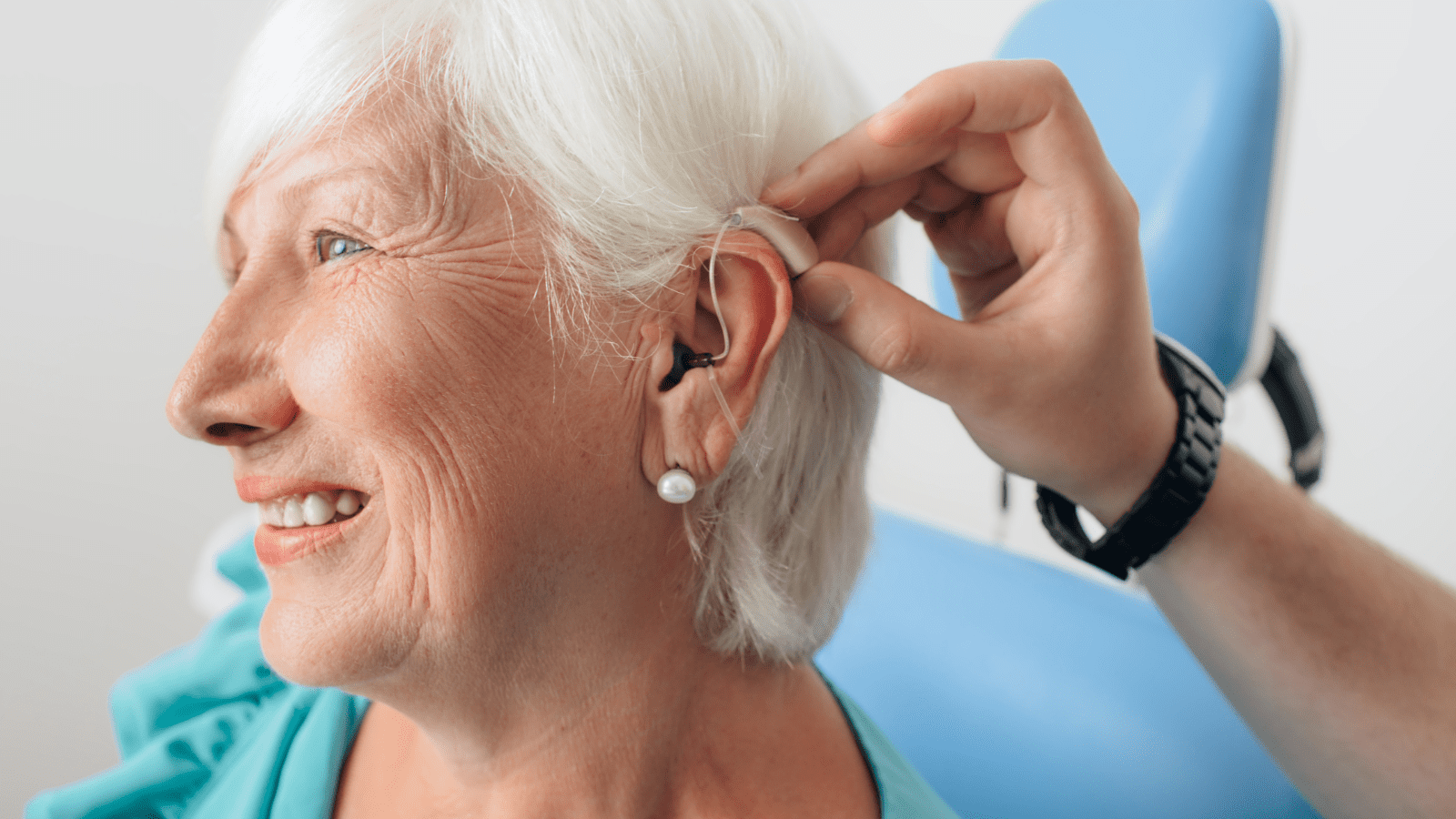Join The Nantwich Clinic Club to keep up to date with news and offers!
Sign Up
As we bid farewell to the cold winter months and welcome the blossoming beauty of spring, it’s crucial to be mindful of the changes that come with the season. While many of us eagerly anticipate warmer temperatures and blooming flowers, it’s essential to recognise how shifts in humidity during springtime can impact our health, including our precious sense of hearing.
Humidity, the amount of moisture present in the air, plays a significant role in our overall well-being. From influencing our respiratory health to affecting the condition of our skin, humidity levels can have far-reaching effects on our bodies. Surprisingly, one area that is often overlooked in discussions about humidity is its impact on our hearing.
During spring, humidity levels tend to fluctuate as the weather transitions from the dryness of winter to the moisture-rich environment of spring showers. These fluctuations can pose challenges for individuals with existing hearing issues and even for those with normal hearing. Here’s how humidity can affect your hearing in spring:
Changes in humidity levels can influence the production of ear wax. When humidity is high, the ear canal may become moist, leading to the softening of ear wax. Conversely, low humidity can cause ear wax to harden, potentially leading to blockages and discomfort. Proper ear hygiene is essential to prevent excessive build-up and to ensure optimal hearing health.

High humidity creates a conducive environment for bacteria and fungi to thrive. This can elevate the risk of ear infections, particularly for individuals who spend time outdoors in damp conditions. Swimmer’s ear, a common condition characterised by inflammation of the outer ear canal, is more prevalent during spring and summer months when humidity levels are higher.

For individuals who rely on hearing aids, changes in humidity can impact the performance and function of these devices. Excessive moisture can lead to malfunctions or damage to hearing aids, affecting their effectiveness in amplifying sound. It’s crucial to take precautions, such as using protective covers or dehumidifiers, to safeguard hearing aids from moisture-related issues.

Fluctuations in humidity levels can exacerbate symptoms of tinnitus, a condition characterised by the perception of ringing or buzzing sounds in the ears. Many individuals report increased discomfort and intensity of tinnitus during periods of high humidity, highlighting the need for proactive management strategies.

So, what can you do to protect your hearing health during the spring months? Here are some practical tips:

At The Nantwich Clinic, we’re committed to supporting your hearing health journey throughout the changing seasons. Whether you need preventative care, hearing evaluations, or assistance with hearing aid maintenance, our team of experienced professionals is here to help. Contact us today to schedule an appointment and take proactive steps towards preserving your precious sense of hearing, no matter the weather.
Remember, your hearing is a precious gift—let’s keep it thriving amidst the symphony of spring.
Whether it’s a quick question that you need to ask, or you would like to book an appointment with us, we want to hear from you. Simply click the button below to get started or contact us on 01270 627118.